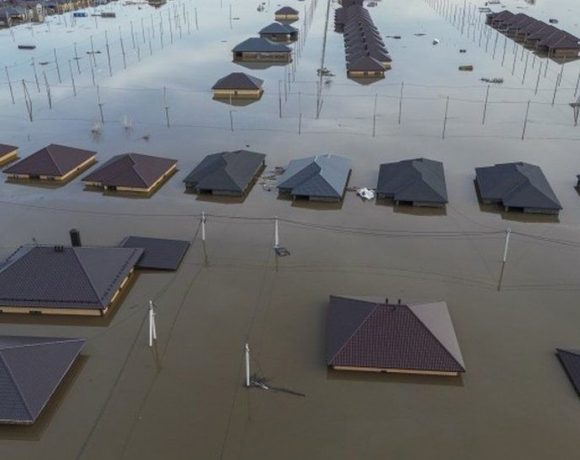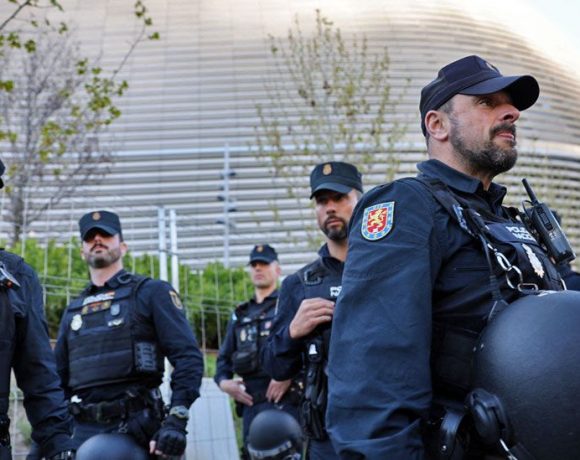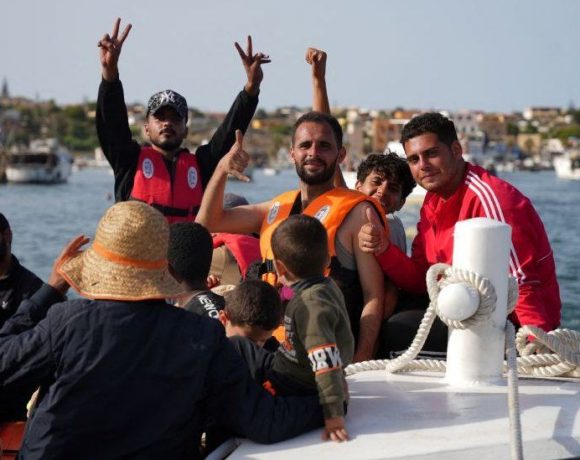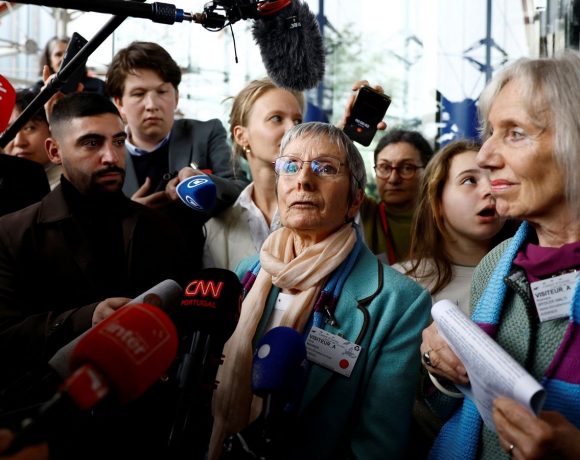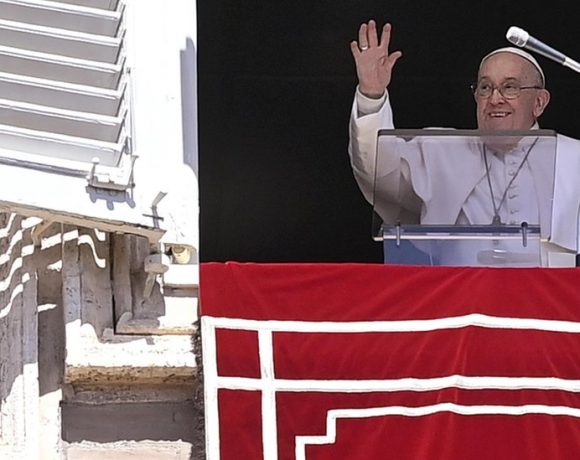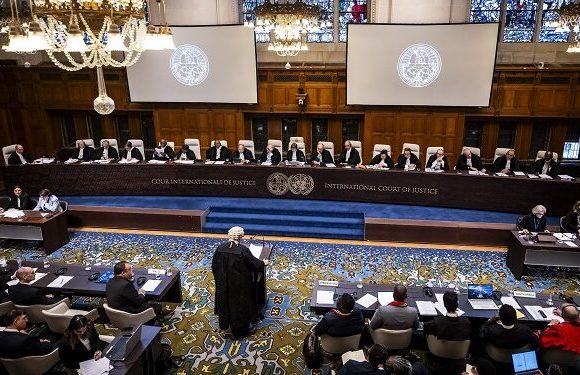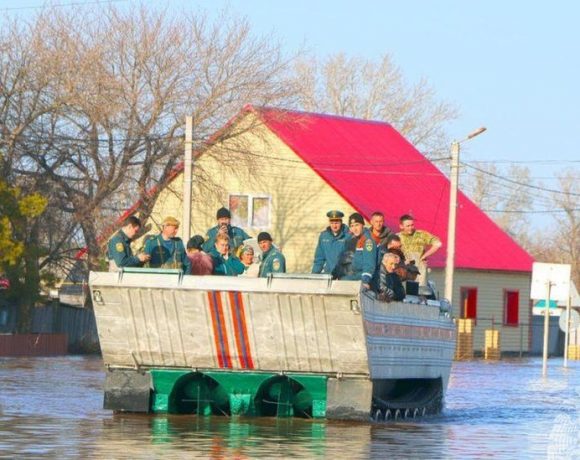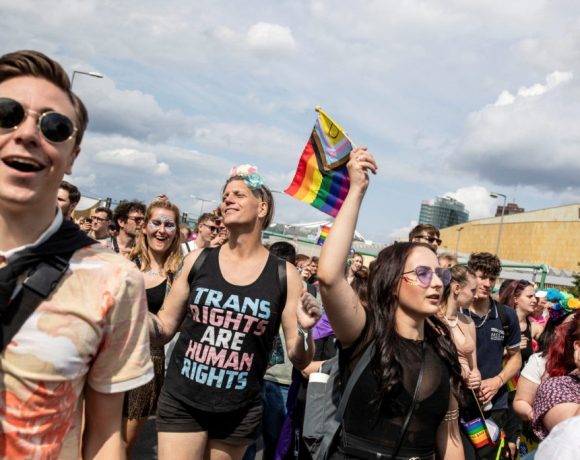
Germany has taken a significant stride towards inclusivity and recognition of gender diversity with the passing of the ‘Gender Identity Act’. This new legislation, which garnered widespread support from the ruling coalition and passed after fiery debates, marks a pivotal moment in the country’s approach to gender rights.
Under the provisions of the Gender Identity Act, individuals aged 18 and above can now undergo a simplified legal process to change their gender identity and first name. Gone are the stringent requirements of obtaining approval from multiple psychiatrists and facing a court decision. Instead, adults need only notify authorities three months prior to the change, with a straightforward selection from three existing gender options outlined in German legislation. Additionally, once a change is made, individuals are unable to reverse or make further alterations for a year, ensuring stability and commitment to their decision.
For adolescents aged 14 to 18, the law mandates parental consent for gender and name changes. However, in cases where parents or guardians withhold consent, applicants have the recourse to appeal to the Family Court for authorization. Meanwhile, for those under 14, parents or guardians are required to initiate the request on their behalf, emphasizing the importance of familial support and legal guardianship in decisions regarding gender identity.
Importantly, the legislation does not interfere with the rights of private establishments, such as gyms and dressing rooms, to determine their admittance policies, respecting their autonomy while safeguarding individual rights.
It’s crucial to note that the Gender Identity Act solely focuses on legal procedures and does not alter the regulations surrounding gender-affirming surgeries. This distinction underscores the multifaceted nature of gender identity and the diverse needs of individuals seeking legal recognition.
Germany’s progressive stance on gender identity is a testament to its commitment to equality and human rights. By streamlining legal processes and empowering individuals to express their gender identity authentically, the country sets a precedent for other nations to follow in promoting inclusivity and respect for all gender identities.
As the Gender Identity Act comes into effect on 1 November, it heralds a new era of acceptance and understanding, reaffirming Germany’s position as a beacon of progress in the global fight for gender equality.
Picture Courtesy: Google/images are subject to copyright


